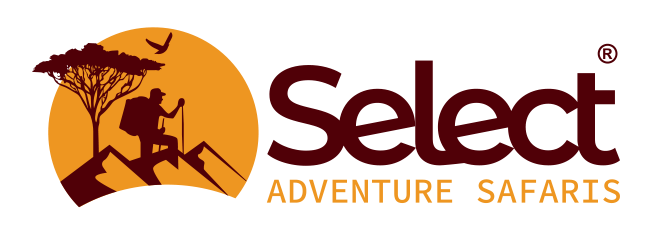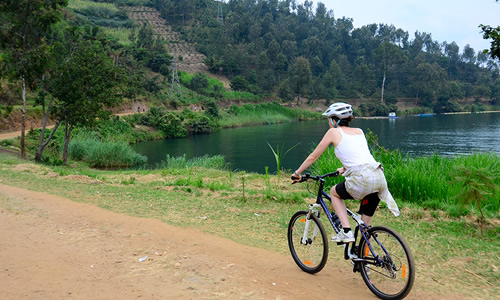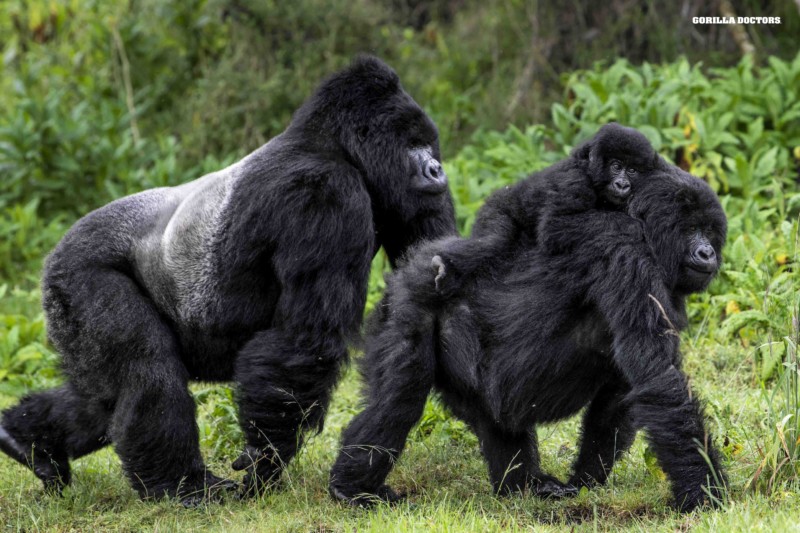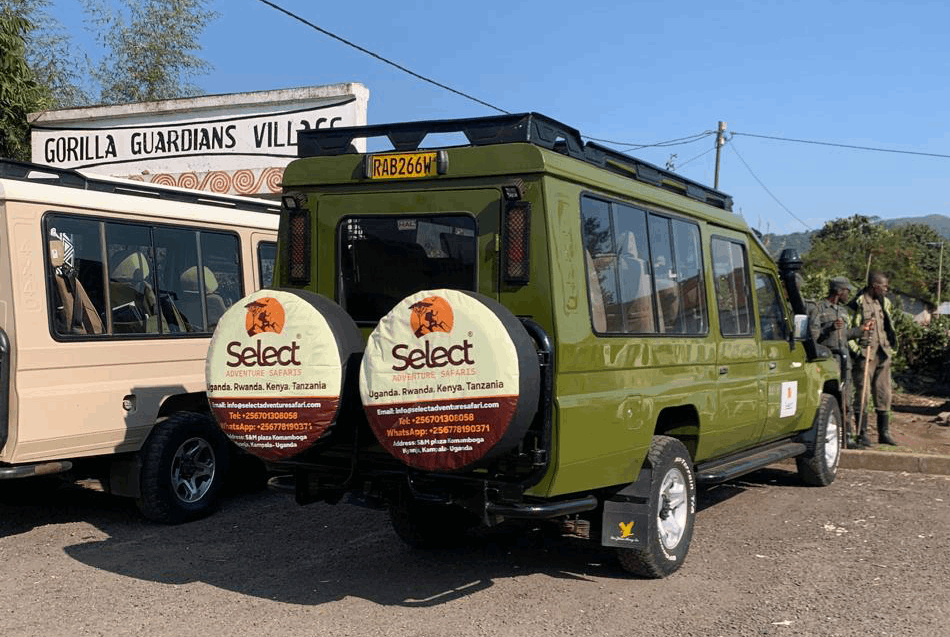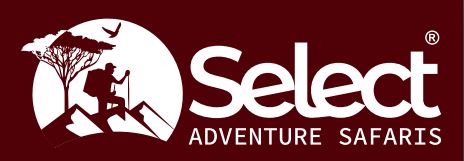Interesting Facts About Rwanda
Interesting Facts About Rwanda : Rwanda is a stunning country often referred to as the land of a thousand hills and “as le pays des mille collines” in French , this scenic countru is bounded to the north by Uganda, Tanzania to the east, Burundi to the south and by Demcoratic Republic of Congo and Lake Kivu to the west.
Rwanda is famously known from the flim Hotel Rwanda, the genocide of 1994, the mountain gorillas and the film of Gorillas in the Mist. However, Rwanda is more than that. Below are the interesting facts about Rwanda.
- Rwanda is known as the “Land of a Thousand Hills”
Rwanda is known as the “land of a Thousand Hills” and this is due to its numerous mountains and hills dominating everywhere, in true definition, towns and cities of Rwanda are located at substantial elevations. For tourists who wish to enjoy scenic views and love to take scenic pictures of nature, Rwanda is the best destination to visit.
Rwanda is a small land locked country sharing borders with Uganda, Tanzania, Burundi and the Democratic Republic of the Congo, Kigali city situated approximately 1,107 kilometers from the equator is the capital of Rwanda. Rwanda is ranked to be the second smallest nation in Africa and is cleanest nation in East Africa.

- The official language of Rwanda is Kinyarwanda
In Rwanda, many Rwandese speak English which is studied by many people in schools. Though many Rwandese still speak French. Prior to 1994, Rwanda was a Francophone nation as it was under the leadership of French colonialists. During this period, French was taught in schools. However following the genocide, the government made the switch from English to French.
In 2009, the efforts to teach English in schools in Rwanda widened.
- Rwanda is a major producer of coffee and tea
Rwanda is one of the major producers of coffee and tea on the world market, in 1904 the missionaries introduced coffee trees in Rwanda and since then coffee has progressed to be one of the country’s largest cash crops with about 95% of beans are high quality Arabica varietal Bourbon.
As a traveler in Rwanda seeking to witness the process of coffee, there are a number of stations to visit and these include
- Kinunu washing station accessed by a boat on Lake Kivu
- Ingoboka near the Kayove Village between Gisenyi and Karongi
Tea was introduced in Rwanda in 1952 and today it is one of Rwanda’s largest exports, tea thrives on the fertile volcanic soil and temperate climate which is perfect for tea growing conditions. Tea plantations in Rwanda cover the rolling hills and some of the noticeable tea plantations include Gisovu Tea and Gisakura Tea.
- Lake Kivu is the Rwanda’s largest lake
Lake Kivu is the largest lake in Rwanda, the lake is also one of the Africa Great Lakes lieing on the border between the Democratic of the Congo and Rwanda. Lake Kivu is situated in the Albertine Rift, in the western branch of the East African Rift.
Lake Kivu is approximately 90 kilometers long and 50 kilometers at its widest, the lake is estimated to cover a total surface area of approximately 2,700 square kilometers making it the 8th largest lake in Africa. Lake Kivu is the world’s 10th – largest island on a lake is Idjwi which lies in Lake Kivu,
Lake Kivu is dotted with many islands and some of them include the Bat Island which is a home to thousands of fruit bats and a few cows.

- Rwanda is a bird watcher’s paradise
With 703 bird species and 29 Albertine Rift Endemics, Rwanda is a birder’s haven and offers diverse habitats for birds and is recognized as the best site for montane birding in Africa. Rwanda is world famous for its diverse beauty and huge population of birds including the Gold Crested Crane – Rwanda’s national bird, the elusive shoebill among others. Hot birding spots in Rwanda include
- Kigali City
- Nyungwe Forest national park
- Akagera national park
- Volcanoes national park
- Gishwati-Mukura national park
- Lake Kivu
- Wetlands, Marshes and Nyabarongo River among others
Some of the birds in Rwanda found in Rwanda include Rwenzori Turaco, Handsome Francolin, Rwenzori Nightjar, Grauer’s Warbler, Regal, Blue-headed and Purple Breasted Sunbirds, Grauer’s Swamp Warbler and Neumann’s Warble, Kungwe Apalis, Kivu Ground Thrush and Willard’s Sooty Boubou. Possibly the rarest of Nyungwe’s birds would be the Congo Bay Owl, Albertine Owlet and Shelley’s Crimsonwing, Rockefeller’s Sunbird, Northern Brown-throated Weaver; Papyrus Gonolek; White-Winged Swamp Warbler; Carruthers’s Cisticola, White-collared Olive back, and Grey-crowned Cranes among others.

- Rwanda hosts a car – free day to promote exercise and healthy living
In attempts to promote exercise and healthy living in the residents, Rwanda hosts a Car – free day and this is organized in various car free zones in Kigali city the capital of Rwanda where pedestrians and cyclists can roam freely. A car-free day is hosted each month.
While cars are one of the popular means of transport in Rwanda, many people travel on foort, bicycles, moto-taxis and mopends on which people ride on the back to get around. Using Moto-taxis is the most affordable way to get around in Kigali most especially if your destination is too far for you to walk, Moto-taxi drivers carry an additional helmet for the passengers.
- The last Saturday of every month is dedicated to community service
Rwanda hosts the Umuganda day, held on the last Saturday of every month. This day is dedicated to community service, the word “Umuganda” is a Kinyarwanda world translating as “community work” or “coming together to achieve an outcome”
The Umuganda day as started after Rwanda gained its independence in 1962 and this practice was reinstated in 1988 as one of the many efforts to rebuild the nation following the Rwanda genocide of 1994. This day is held on the last Saturday of the each month and lasts for approximately 3 hours.
On this day, every one is expected to contribute in whatever way possible and some of the ways one can participate in include cleaning up a local space, assisting a neighbor with a gardening need, preparing public facilities, building schools among others. The Umuganda practice has been instrumental in the development of Rwanda for the last decade.

- No plastic bags are allowed.
In Rwanda, no plastics are allowed, travelers entering Rwanda cannot bring in plastic bags and stores do not give out any. Instead paper bags or biodegradable bags made out of cassava, leaves or banana leaves are used.
- Honey and conservation are huge in Rwanda.
Honey is one of the major produces in Rwanda and is produced in the area surrounding Akagera national park, this buffer zone was created purposely to discourage poaching. In this buffer zone bees and honey farms were set up as a source of income to replace the income earned through poaching.
This has seemed to be an effective way to encourage conservation and protect the abundance of wildlife in Akagera national park, the honey and bee project also supports a sustainable live hood for the local living in neighboring communities.
- Local art is on display everywhere.
Most of the hotels in Rwanda double as galleries for local artists and often art pieces made by the local artists are displayed in the hotel’s hallways, walls and common areas. Funds from these art pieces are used to support artists and programs for local street children to receive services, education among others.
